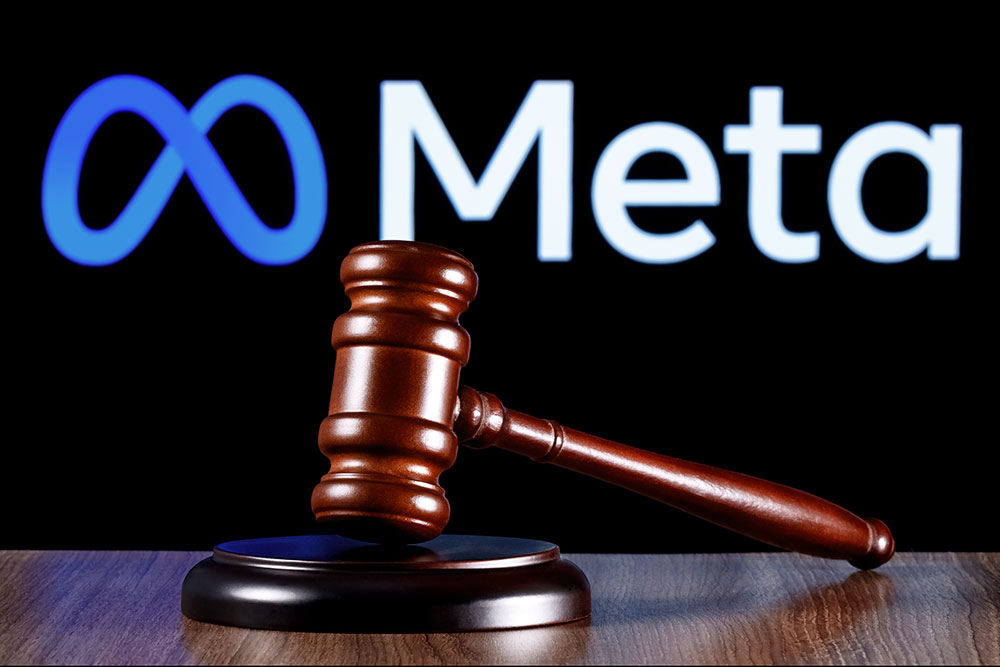The European Commission has found that Meta’s “pay or consent” advertising model breaches the Digital Markets Act (DMA). The preliminary findings highlight concerns about user choice and data control within the social media landscape. The comprehensive investigation will take a year’s time, after which a formal decision will be made, the Commission said.
DMA Compliance: A New Benchmark for User Privacy
The Digital Markets Act (DMA) was signed into law by the European Parliament and the Council presidency in September 2022. It became legally effective two months later and most of its regulations took effect on May 2, 2023.
The DMA is a European law that aims to prevent large online platforms from abusing their market power and to ensure fair competition in the digital economy. The law primarily targets “gatekeepers,” which are large digital platforms that provide core services like search engines, messaging services, app stores and dominant online platforms like Meta.
Meta’s Model Under Fire: Limited Options, Privacy Concerns
Online platforms collect a lot of personal data to power online advertising. Their dominant position allows them to set user agreements that enable vast data collection, giving them a big advantage over competitors.
New EU regulations – DMA Article 5(2) – aim to empower users by requiring platforms to get explicit consent before combining their data across different services. Even if users refuse consent, they must still have access to a basic version of the service, even if it’s less personalized. This stops platforms from forcing users to give up their data to use the service entirely.
Meta’s “pay or consent” model, launched in response to the DMA, presents EU users with a binary choice, the commission argued. Subscribe for an ad-free version or accept personalized ads in the free version. The Commission said this approach fails to comply with the DMA on two key points:
Lack of a “Less Personalized” Option: Users are not offered a service with reduced data collection and ad personalization, violating their right to control their data footprint.
Consent Coercion: The model allegedly coerces consent by making access to certain functionalities conditional on agreeing to data combination.
The Commission asserted that users who choose not to consent should still have access to an equivalent service with less data collection for advertising purposes.
Next Steps: Dialog and Potential Penalties
Meta now has the opportunity to respond to the preliminary findings and defend its practices. The Commission will conclude its investigation within a year, potentially leading to a formal decision against Meta if the concerns are confirmed.
Potential consequences for non-compliance include hefty fines – up to 20% of global turnover for repeated offenses. More drastic measures like forced business divestments are also on the table.
The Commission remains open to discussions with Meta to find a solution that complies with the DMA. This case sets a crucial precedent for how dominant platforms handle user data and privacy in the age of stricter regulations.
Source: Read More



